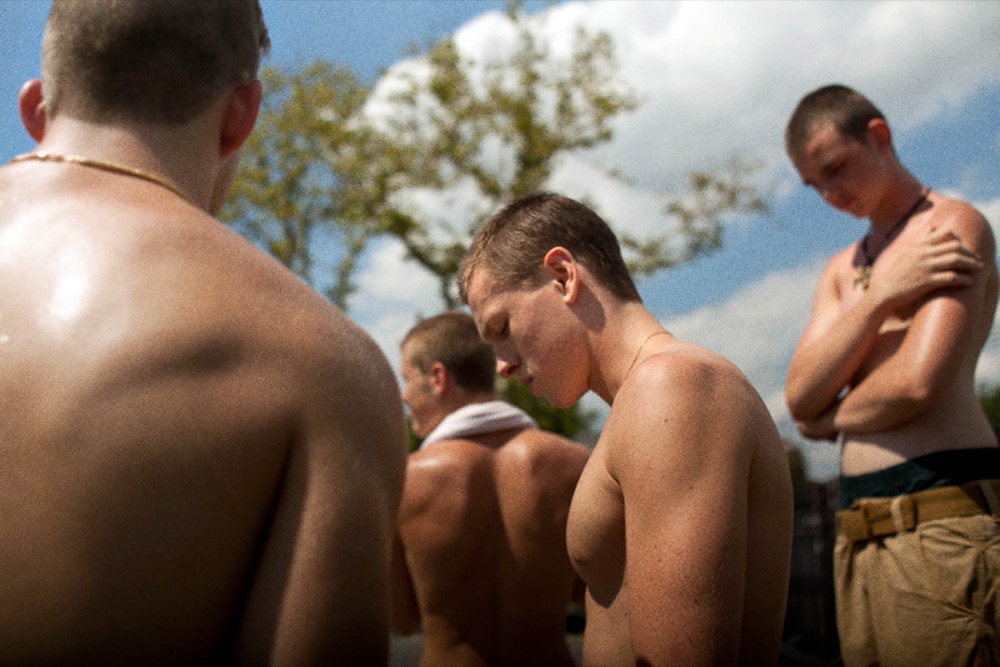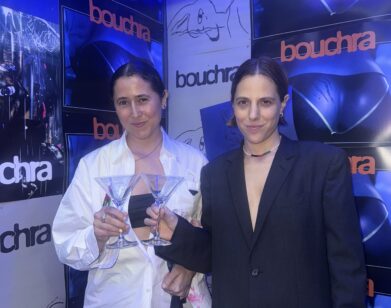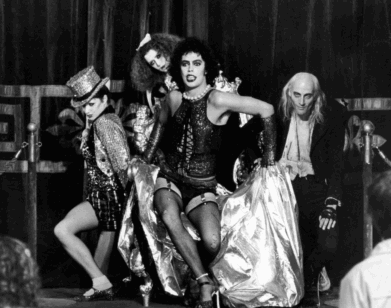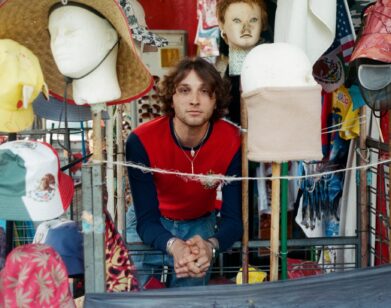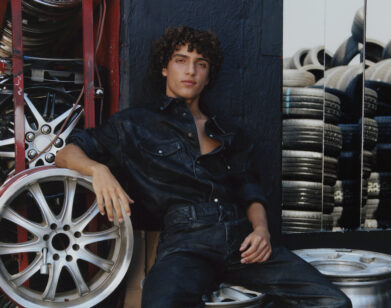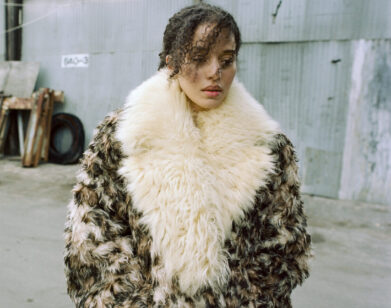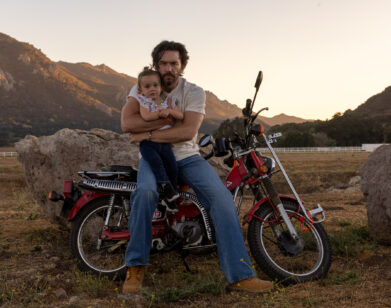Eliza Hittman’s Unseen Brooklyn
Set deep in Brooklyn, Eliza Hittman’s second feature film Beach Rats follows 17-year-old Frankie as he navigates the stagnant, hyper-masculine society surrounding him. Frankie is beautiful and disaffected; by day, he hangs out on the beach, engaging in petty crime with his friends; at night, he cruises the internet for older men. It is a remarkable, affecting performance from British newcomer Harris Dickinson.
After premiering last week at the Sundance Film Festival in Park City, Utah, over the weekend, Hittman won the U.S. Dramatic competition’s directing award for Beach Rats, and the film was acquired by Neon (the company also picked up the distribution rights to fellow Sundance films Colossal, Ingrid Goes West, and Roxanne Roxanne). We spoke with Dickinson and Hittman before the news was announced.
EMMA BROWN: What inspired you to tell this story?
ELIZA HITTMAN: I filmed another movie in 2012 called It Felt Like Love. It was a female coming-of-age story about a 14-year-old girl on the edge of Brooklyn trying to force her own sexual development. She’s throwing herself at these rough and tough neighborhood guys, and they humiliate her and spare her. I was thinking about that film a lot and trying to process the expectations around what I was supposed to do next: Were people interested in the female point of view? Were people interested in the world? I decided to revisit the same world and try and construct a male protagonist that was having a similar, parallel experience—coping with a tremendous amount of pressure from this masculine environment in the way that the protagonist of my first film was. You don’t have to see one film to understand the other, but I think people who have will see the connection between the two stories very clearly.
I also was very aware that there was still some cruising happening along the water. I sat and observed it, and it’s mostly men who are going from jobs in the city to suburban homes at night via a highway. So those were the things I was thinking about, and the risk. For this character who doesn’t really have access to a more progressive world, the internet is this exotic place, which is why the screensaver is tropical in the film. It was supposed to represent this escape that maybe, at some point, he would find a way into. I was thinking about the tension of meeting strangers and how that could erupt in violence and putting all of those threads together.
BROWN: Did you grow up in that area of Brooklyn?
HITTMAN: I grew up three subway stops from there in a neighborhood called Flatbush. There’s something about those neighborhoods that is so isolated from the progressive, liberal gentrification of Brooklyn, which has now lost a feeling of authenticity. It’s become something else: Brooklyn has become a brand, and it represents something, and there is this tension between the old and new world. I wanted to capture the fluidity of those people pushed to the edges of the city.
BROWN: How did the casting process work? Was it a long search to find Harris?
HITTMAN: Harris came in one of the first few batches of tapes. It was from an L.A. management company, and he was such a good actor that he tricked us all into thinking he was American. I thought I was going to be able to turn the whole process over to the casting director and just trust her impulses, and she brought in some great finds like Harris and Maddie [Weinstein], but when it came to building the authenticity of the world through faces, the texture of the people that come from that place, I couldn’t cast anyone that came from those sessions. We decided to do a non-traditional approach and do more street casting [for Frankie’s friends].
BROWN: Frankie’s world is very specific. Coming from London, Harris, was it something that you were familiar with at all?
HARRIS DICKINSON: Not really, no. The first time I came to New York was two years ago; I came to Manhattan for a day and that was my New York, that was my vision of the place. When I read for the film, I couldn’t really place it in reality other than what the character was going through. I couldn’t really portray the world of the character as accurately as I wanted to. But once we got there, Eliza was very kind to take me around to her locations. I felt very involved in the process and very open, and I got the opportunity to meet a lot of the guys, and I went out with them and we chilled. It wasn’t a huge a cultural difference for me; it was trying to become familiar with a youth culture I was a little bit foreign to, but not so far away from. I’m from a working class family, a working class area, and values exist universally, I suppose, so I could make links between them. I think it works in terms of the character because Frankie is this lost soul who isn’t really intertwined with anyone in his life, so it kind of pans out in the right order.
BROWN: Have you been acting for a long time? I read that you got an agent when you were 16.
DICKINSON: I hadn’t been working though. I was working in a bar and picking up litter for three or four years and then this movie was my first real film. I was doing theater; I’d done a play at the National Theatre called Angels by Pauline McLynn. That was a couple of years ago. Since then, I hadn’t really done anything. I was doing a few TV jobs, and then I got this.
BROWN: How did you hear about Beach Rats? Was it just the normal way—your agent sent you the script?
DICKINSON: Yeah. I spend a lot of time in my little bedroom living with my mum putting myself on tape. These tapes go off into the abyss and you feel like you never know if anyone really watches them. They feel so far away, these projects that you can’t really grasp. That’s a continuing process for actors in London that have representation in the U.S. I was lucky enough that these guys cared enough to try and bring me over, because it wasn’t an easy situation for the size of the film. It wasn’t a normal casting situation, and I was honored and grateful to be even considered.
BROWN: Does your mum read lines with you when you put yourself on tape?
DICKINSON: She didn’t for this one. My girlfriend does all of my tapes with me. She’s awesome. We have great chemistry, so it works. But my mum does read with me—she helps me learn my lines. She’s my biggest fan.
BROWN: Has she seen this yet?
DICKINSON: No.
HITTMAN: Are you scared?
DICKINSON: A little bit. Me and my mum are very close—we’re friends as well—so I don’t think it will be a squirmy experience for her. I think she’s going to be able to watch it and take it in. She’s really excited. We were in touch throughout the whole process and she’s been on the journey with me. She understands what’s going on, even though she’s not from the entertainment world, she’s a hairdresser. I’m excited for her to watch, actually.
BROWN: Eliza, did you grow up in the arts or entertainment world at all?
HITTMAN: My father is a cultural anthropologist and my mother ran an outpatient clinic and treated a lot of people who had been institutionalised. I was very fascinated with behaviour and criminology and why people do things that don’t make any sense. I would probe my mother: “Why? Why would somebody do this?” And look for some causality between someone’s mental state and their behaviour. I think it had a lot of influence on me. I also spent time with my father who did fieldwork in Nevada working with a tribe, so that process of going into a community and interviewing and documenting a language—I think both of my parents’ occupations are very embedded in my filmmaking process in terms of the stories I like to tell and looking at the complexities of people’s lives.
BROWN: Frankie’s family life is so interesting. He’s so self-destructive and removed from his parents, but his mother tries to talk to him and seems to really want to relate to him. Did you talk a lot about what Frankie’s relationship with his dad was like?
HITTMAN: There were a few scenes with the father before he begins his decline, but they ended up being cut, sadly. It was easier to keep that narrative in the background as much a possible, but originally the father set up some clear expectations around success in school and college. Each parent was working another angle. The mother was probing him about his love life, and the father wanted him to be successful and was questioning the kind of guys he was hanging out with. We let it go and be ambiguous.
BROWN: I like that line that his mother has about Frankie’s friends: “I know who they are.”
HITTMAN: “You’re just hanging out with some lowlives.” It was too expository for the beginning of the story. We ended up simplifying the beginning as much as a possible and making it as experiential as possible. It was more interesting to take the audience into this Coney Island world rather than introducing every relationship that Frankie has with every other character in such a plotted way.
DICKINSON: It was interesting for me thinking about how I wanted to portray Frankie without coming across too obvious or strong. I very much felt like I was dancing the line of portraying him as someone who cared about his parents, but also the inability to allow himself to deeply connect with them or show his emotions. It was a line I questioned throughout the process. The scenes that are no longer in there kind of defined them, but you take them out and it stands for itself—ambiguity speaks for itself, I suppose.
BROWN: In Frankie’s group of friends, there is one who doesn’t fully participate in certain scenes. I was very intrigued by his relationship with Frankie, because I felt like he kept giving Frankie funny looks. I wondered if he knew what was really going on.
HITTMAN: I was thinking that the youngest kid was a little bit on the outside of the group. There were other things that said that in the script and they got cut in the interest of the movement of the story and the rhythm of the story. But he was a little bit younger and his moral conscience hadn’t been totally corrupted yet.
BROWN: Do you think that there’s hope for Frankie?
HITTMAN: I think he’s a person who will probably always struggle with this destructive behavior. That’s something that’s hard, and that’s inherently in his genes—feeling torn between two worlds. I think it would be very hard for this character to—
DICKINSON: Fully allow himself—
HITTMAN: —To be happy. My perspective of the world was shifting, and [I was] thinking a lot about this kind of darkness that happens around this city that people don’t think about because there’s a liberal bubble. Now that bubble is broken and I feel like there’s more of a need to tell more optimistic stories.
DICKINSON: I think this movie stands alone as a realistic observation of that struggle without glamorizing it with a traditional, award-winning ending. That’s not real life.
HITTMAN: It’s not an audience award winner; it’s not going to please a general audience.
BROWN: I don’t know about that.
DICKINSON: I think it will. It’s about the trajectory of the ending. What do you want from a film? Do you want to come out feeling pleased and satisfied or do you want to have a look into something and a story that was portrayed in a beautiful way and truthfully and artfully done?

